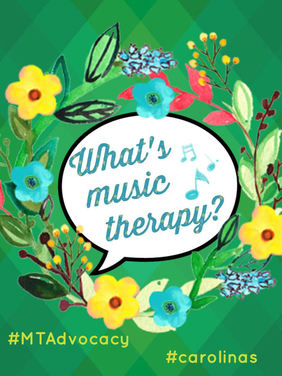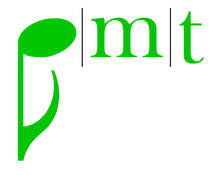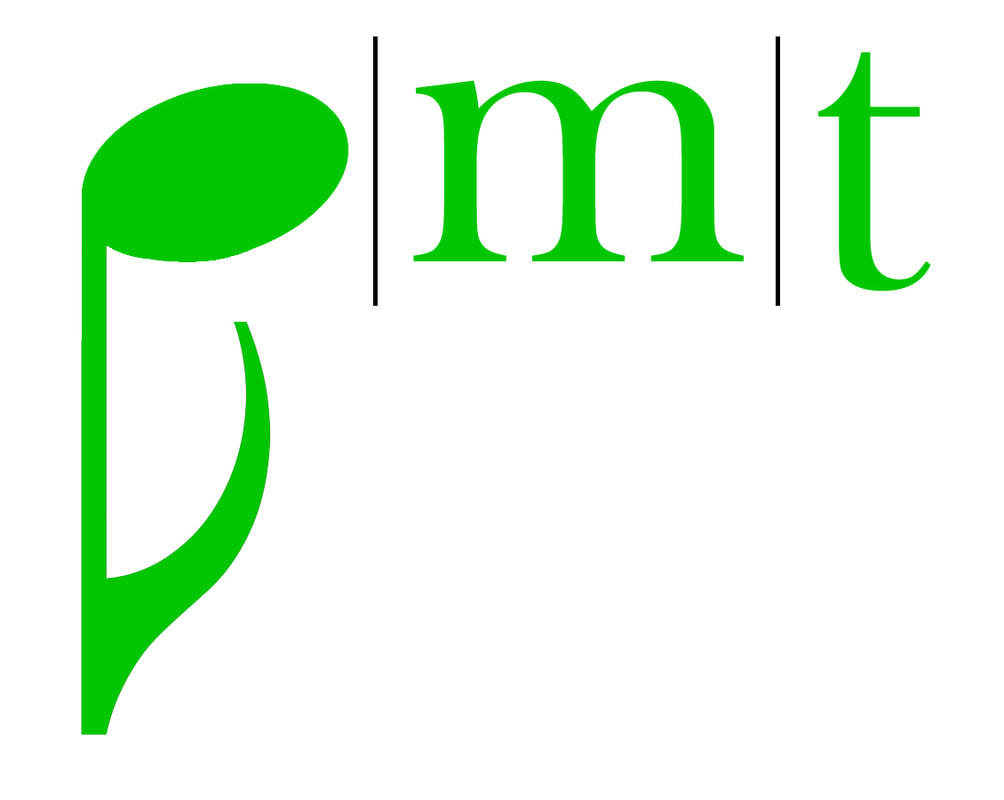 So you’re out to dinner with some friends of friends. Or maybe you’re invited to a party. Or you walk into a crowded elevator at your place of work. Or you’re visiting family during the holidays that you haven’t seen in a year, and you know you’re going to have the same discussion you’ve had every year since you started college and beyond into your career. Things are going pretty well until the inevitable question strikes, “So what is it that you do exactly?” someone will ask. You brace yourself for the potential advocacy hurdle as you take a deep breath and proudly say, “I’m a music therapist.” You shift your eyes up to the quizzical look that you know is coming. How do you know? You’ve had this same exact conversation hundreds of times, heck, maybe thousands by now. So why isn’t this getting any easier? “And what exactly is that, anyway?” the perpetrator asks. You can literally feel your blood pressure rise, but you keep yourself calm. It’s not this person’s fault that they’re uninformed, you remind yourself. You quickly assess the individual and the amount of time you have with them and debate internally about which definition to give. Can they handle the American Music Therapy Association's Definition or do you need to change it a bit, maybe throw in some examples of populations you work with, qualifications you have, the fact that music therapists can bill insurance companies? “Oh jeez,” you think, “I’m a practicing music therapist, and I can’t give a quick and simple definition to appease these people?" They probably don’t care anyway; it’s just a thing to ask people. What other professions have this much trouble describing what they do?” After the usual internal debate, you spit out a definition, waiting for the follow up questions, most commonly, “So what do you do with that?” After giving what you hope is the best answer you can give, the individual may say, “Oh, okay…” now clamoring to change the subject. Alternatively, a great conversation may get going; you view this as an educational experience. This person will not leave here without being informed about music therapy and what exactly it is that I do, anyway. The person becomes informed, or the conversation is abandoned, and everyone moves on with their lives, right? Well, there’s an alternative to this dreadful conversation that we’ve been having for what seems like eons, and, lucky for us, it’s happening more and more often. You do your thing, tell people that you’re a music therapist, maybe throw out what you specialize in, and something magical happens. “Oh, I’ve heard of music therapy before!” they excitedly tell you. You pause and look around for hidden cameras because you know you’re being punked right now. “You have?” you may stutter. “Yeah,” they say, “my cousin’s friend’s sister is a music therapist,” or, “I saw a video on Facebook about that,” or, “I heard about Gabby Giffords on the news – she had music therapy, right?” or, “I’ve seen some research about music therapy!” The thing is, while we are occasionally annoyed about being in a field where we feel like we have to continually explain and even sometimes defend ourselves, we are having to do that (gradually) less and less as the general public is becoming more informed about what it is we do exactly. Thousands of people are more informed about music therapy than when our profession began, and when the people we educate meet another music therapist or see something about MT in the news, media, or online, they will now have a context for it. We need to realize that even when these types of conversations can be painful, these are #mtadvocacy opportunities – we’re that person’s cousin’s friend’s sister that is a music therapist! When we change our mindset from being annoyed or defensive with an un- or misinformed person to reacting from a mindful and zen place, beautiful things can happen – doors and opportunities can open, walls can be broken down, and rapport can be built. It’s important for us to remember that we may be the only music therapist this person has ever encountered. Are we representing the profession and ourselves well in our advocacy responses, or are we doing more to isolate ourselves and seem unapproachable? I dream of the day where I have more encounters like the latter than the former. I believe that this can happen in our career lifetime, but it starts with us as music therapists. Let’s be mindful in our #mtadvocacy conversations and keep sharing, tweeting, liking, and talking about music therapy – together we can create a more informed future!
1 Comment
|
PMTProviding music therapy services for early childhood to older adults, music instruction and enrichment plus continuing music therapy education in Greater Charlotte Area of the Carolinas. Archives
May 2024
Categories
All
|
Piedmont Music Therapy is a 501(c)(3) status organization.
Piedmont Music Therapy accepts donations via venmo @piedmontmusictherapy or any amount through QuickBooks. Contact us to arrange an electronic pledge!
Main Location |
|


 RSS Feed
RSS Feed
